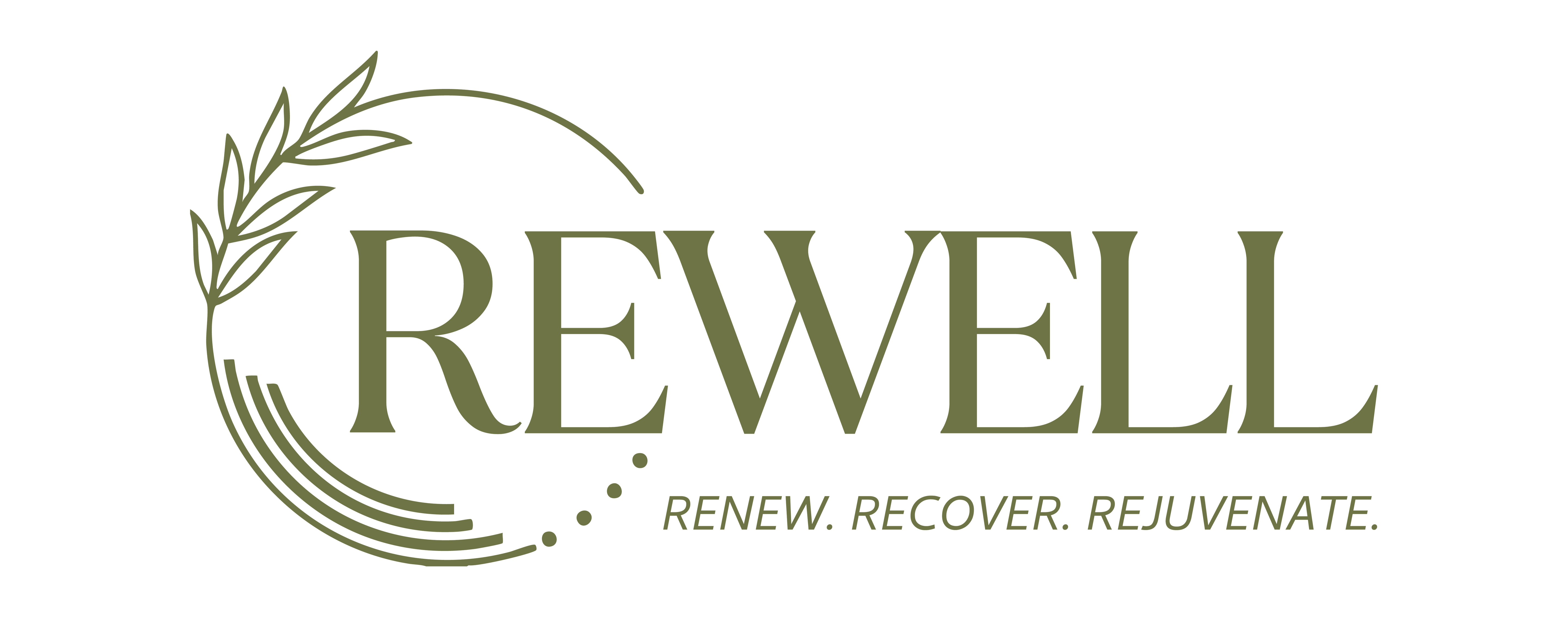Ireland has made great strides in healthcare, and many Irish people report being in good health. However, beneath the surface of high life expectancy and medical advances, several worrying trends are emerging. Chronic diseases are on the rise, largely due to lifestyle and an aging population. In fact, as of 2020 an estimated 1.3 million people in Ireland live with at least one major chronic illness such as heart disease, COPD, asthma or diabetes hse.ie. That’s roughly one in four people, and this number is expected to grow with demographic changes. Lifestyle factors are contributing to this trend – about 37% of Irish adults are overweight and 23% are obese hse.ie, and nearly 54% do not meet minimum physical activity guidelines hse.ie. These risk factors fuel conditions like cardiovascular disease and type 2 diabetes over time.
Another concerning trend is stress and mental health challenges. Modern life’s pressures have led to high stress levels across the population. Over 1 million people in Ireland (21% of the population) were estimated to have had a mental health disorder in 2019, with anxiety disorders being the most common oecd.org. Workplace stress is also widespread – a 2023 survey found 60% of Irish professionals suffer workplace-related stress, and one-third feel stressed “very often” robertwalters.ie. Chronic stress not only affects mental well-being but also has physical health impacts, contributing to issues like hypertension and weakened immunity.
Meanwhile, the healthcare system is under pressure to meet these growing needs. Ireland’s hospitals and clinics are struggling with capacity and demand. Public hospitals often operate at near-full capacity (around 90% bed occupancy pre-pandemic, above safe levels) oecd.org. Long waiting lists are increasingly common – in 2022 about 2.6% of the Irish population had unmet medical needs, a rate above the EU average, with long wait times being the main culprit oecd.org. An aging population means higher demand for services, but staff shortages and limited resources make it hard to keep up. In short, more people are living longer but with chronic illnesses and stress-related conditions, putting strain on a healthcare model that was designed to treat acute illness rather than prevent disease. These converging trends underscore an urgent need for a new approach to health in Ireland – one that emphasises wellness, prevention, and personal empowerment in healthcare.
“Take charge of your health – be your own guardian angel.”Terri Guillemets
From “Sick Care” to Wellness: A Shifting Healthcare Model
The traditional healthcare model has been predominantly reactive – often described as a “sick care” system that focuses on treating illness and symptoms after they occur. Given Ireland’s rising chronic disease burden and escalating healthcare strain, there is a growing recognition that this model must evolve. Prevention and wellness are moving to the forefront of healthcare policy and personal health strategies. Authorities and experts point out that pouring funds into treating chronic conditions isn’t enough; we must address root causes and keep people healthier in the first place. Notably, only about 4–5% of global health expenditures go toward prevention and public health initiatives, even though studies suggest 80–90% of health outcomes are driven by factors outside clinical care. In other words, the biggest determinants of our health are our daily habits and environment – factors like nutrition, exercise, stress management, and exposure to toxins – yet the vast majority of resources have historically been spent on medical treatment after problems arise. This imbalance is prompting a paradigm shift. The Global Wellness Institute observes that health systems worldwide are struggling with unsustainable costs and rising chronic illness, leading consumers, employers, and governments to turn to wellness approaches as a solution – to complement traditional care and “turn from sick care to prevention.” globalwellnessinstitute.org
For individuals, this shift means taking proactive ownership of their well-being instead of waiting until they fall ill. It’s about adopting lifestyle changes and preventive therapies that fortify health and address issues early. We see this in Ireland through initiatives encouraging healthier eating, exercise, and mental health support. But beyond lifestyle tweaks, there’s a surge of interest in innovative wellness services that can help people stay healthier and recover faster. Therapies once considered alternative are now entering the mainstream as complements to medical care. For example, Hyperbaric Oxygen Therapy (HBOT) – which involves breathing pure oxygen in a pressurised chamber to accelerate healing – is being used to improve recovery from injuries, chronic fatigue, and even support neurological health focushealth.ie. Pulsed Electromagnetic Field (PEMF) therapy, another cutting-edge service, uses low-frequency electromagnetic waves to stimulate cellular repair and reduce pain and inflammation focushealth.ie. Likewise, Red Light Therapy (RLT) (photobiomodulation) has gained popularity for its ability to reduce inflammation, enhance muscle recovery, improve skin health, and boost cellular energy live5dhealth.com. These therapies exemplify the wellness-focused approach: they are non-invasive, drug-free, and aimed at boosting the body’s natural healing and resilience. Instead of treating a disease in isolation, they help strengthen the entire system, improve quality of life, and potentially prevent conditions from worsening or developing in the first place.
Crucially, the healthcare community in Ireland is embracing this preventive mindset. A recent KPMG report notes that demand for healthcare is set to rise steeply in the coming decade due to an aging population and higher chronic illness, and it stresses the need for a proactive response – including innovation, efficiency, and “accelerating the shift towards preventive care.” kpmg.com. This means integrating wellness services alongside standard medical care. By doing so, Ireland can ease the burden on hospitals (fewer admissions and complications when people manage their health better) and empower its citizens to live healthier, fuller lives. The bottom line: the focus of healthcare is expanding from merely treating sickness to actively promoting wellness and prevention. Services like HBOT, PEMF, RLT, and personalised recovery programmes are at the heart of this transformation, helping individuals heal, regenerate, and ultimately take charge of their own health journey.
The Case for Wellness – Facts & Figures
To truly appreciate why proactive wellness solutions are needed, consider some eye-opening statistics about health in Ireland and beyond:
Chronic Disease Burden: Nearly 28% of Irish adults have at least one chronic condition (2019 data), and over 1.3 million people are living with major chronic illnesses like heart disease, diabetes, COPD, or asthma health.ec.europa.eu hse.ie. As the population ages, this number is projected to climb even further, putting more people at risk of complications and reduced quality of life.
Lifestyle Risks: About 60% of adults in Ireland are overweight or obese hse.ie – a key contributor to diabetes, hypertension, and joint problems. Additionally, only around half of adults get enough physical activity, and unhealthy diets are common. These lifestyle factors are modifiable, which means proactive wellness efforts (nutrition coaching, fitness programs, etc.) can significantly reduce disease risk.
Mental Health & Stress: Approximately 1 in 5 people (21%) in Ireland experience a mental health disorder in a given year oecd.org. Anxiety and depression levels have surged in recent years, and work-related stress affects the majority of workers. Chronic stress is linked to heart disease, immune dysfunction, and other health issues, underscoring the need for holistic wellness approaches (stress management, mindfulness, counselling) as part of preventive health.
Healthcare System Strain: Demand for healthcare is outpacing supply. Ireland’s public hospitals have faced 90%+ occupancy rates and long waiting lists, leading to delays in care oecd.org oecd.org. In 2022, unmet healthcare needs due to wait times were higher in Ireland than the EU average oecd.org. An ounce of prevention could alleviate this load – keeping people healthier can reduce hospital visits and wait-list backlogs.
Prevention vs. Treatment: Globally, we spend billions on treating disease but far less on preventing it. According to the Global Wellness Institute, only around 5% of health expenditures worldwide are devoted to prevention, even though an estimated 80% or more of our health outcomes depend on non-medical factors (like lifestyle and environment) globalwellnessinstitute.org. This imbalance highlights a huge opportunity: investing in wellness and prevention can yield outsized benefits in population health and reduce long-term costs.
These figures paint a clear picture. Chronic and lifestyle-related illnesses are pervasive, and our current system is under strain trying to manage them. By embracing wellness services and preventive care, Ireland can address the root causes head-on – helping people stay healthier and lighten the load on healthcare services. The evidence is compelling that a proactive approach isn’t just a feel-good idea, but a necessary strategy backed by data.
ReWell – Empowering Your Health Journey
Amid this shift toward proactive health, ReWell stands out as a pioneer in Ireland’s wellness movement. ReWell is perfectly positioned to help individuals take charge of their health journey, offering the kind of science-backed, personalised wellness services that meet the moment. Based in Kildare and serving clients across Ireland, ReWell provides both in-clinic and at-home wellness solutions focused on healing, recovery, and prevention.
At ReWell, you’ll find advanced therapies like Hyperbaric Oxygen Therapy, Pulsed Electromagnetic Field Therapy, and Red Light Therapy all under one roof – the very modalities we’ve discussed as part of the new wellness paradigm. These therapies are administered by professionals who understand how to tailor treatment to each person’s needs. Whether you’re an athlete looking to speed up recovery, a busy professional battling fatigue and stress, or someone managing a chronic condition, ReWell creates personalised recovery protocols to help you feel better and function at your best. This might include, for example, a program combining HBOT sessions to boost your cellular oxygen and energy, PEMF therapy to reduce inflammation and pain, and Red Light Therapy to rejuvenate tissues – all coordinated with nutritional guidance and lifestyle coaching. The goal is a holistic improvement in your well-being, not just a band-aid for symptoms.
What makes ReWell especially unique is its focus on empowerment and education. The team doesn’t just administer therapies; they partner with you to identify root causes of your health challenges and map out a sustainable path to wellness. As Ireland’s “trusted provider of at-home and in-clinic HBOT”, ReWell delivers natural, science-backed solutions designed to restore your clarity, energy, and long-term wellness (as their mission states). In practice, that means clients often report improvements like increased energy levels, better sleep, reduced pain, improved fitness, and sharper mental clarity after following ReWell’s programs. By addressing issues like chronic inflammation, poor circulation, and high stress – and doing so in a personalised way – ReWell helps prevent small problems from becoming big ones. It’s the embodiment of the new healthcare model: patient-centred, preventive, and proactive.
For the people of Ireland who are eager to break free from the cycle of waiting until they’re ill to seek help, ReWell offers a welcome alternative. It bridges the gap between conventional medicine and everyday self-care. You still work with your doctors as needed, but with ReWell’s support, you are actively strengthening your body’s defences and resilience in the meantime. This is how ReWell empowers individuals – by giving you the tools, therapies, and knowledge to truly own your health journey. In a time when staying well is as important as treating illness, ReWell’s approach is exactly what Ireland needs: a way for each person to be the healthiest version of themselves, with expert guidance every step of the way.
Ready to Take Charge of Your Health?
You’ve read about the trends and seen the statistics – now it’s time to act on them. Are you ready to embark on your own wellness journey? ReWell is here to help you every step of the way. Taking charge of your health can start with something as simple as scheduling a consultation. We invite you to book a consultation or visit ReWell to explore how these therapies and personalised programmes can work for you. Our friendly, professional team will listen to your health goals and challenges, and help craft a tailored plan to boost your well-being. Whether you’re struggling with a specific issue (like persistent pain, low energy, or slow recovery) or you simply want to optimize your health proactively, ReWell will guide you toward effective, evidence-based solutions. Don’t wait for a crisis to make your health a priority. By choosing a proactive approach today, you’re investing in a healthier, happier future. Contact ReWell and start your wellness journey now – your best health is within reach.
Key Takeaways
Ireland’s health landscape faces challenges: Chronic diseases are increasing and high stress levels are common, which together are straining the healthcare system hse.ie oecd.org. A reactive “treat the illness” approach is no longer enough to keep people healthy.
Prevention is paramount: There is a global and local shift toward wellness and prevention. Experts note that we spend only a fraction on prevention despite most health outcomes being driven by lifestyle and environment globalwellnessinstitute.org. Embracing healthy habits and preventive therapies can significantly reduce disease risks.
Wellness services offer solutions: Innovative therapies like HBOT, PEMF, and Red Light Therapy are emerging as powerful tools to improve health and recovery in a natural, non-invasive way. These services help increase oxygen delivery, reduce inflammation, and stimulate healing, complementing traditional medicine.
ReWell is leading the way in Ireland: ReWell provides these advanced wellness therapies and personalised recovery plans, empowering individuals to take control of their health. By focusing on root causes and holistic healing, ReWell helps clients boost their energy, resilience, and overall well-being.
Take action for your health: The state of health in Ireland highlights the need for a proactive approach. With support from wellness providers like ReWell, you can actively improve your health now – before issues escalate. Investing in your wellness today means a healthier, brighter tomorrow.








